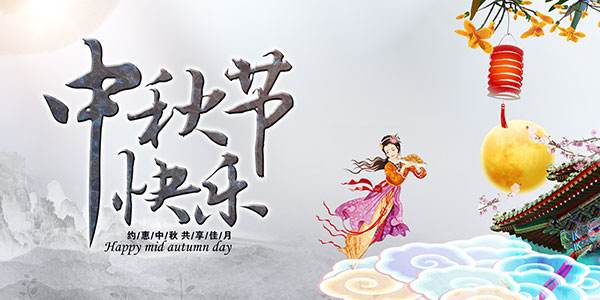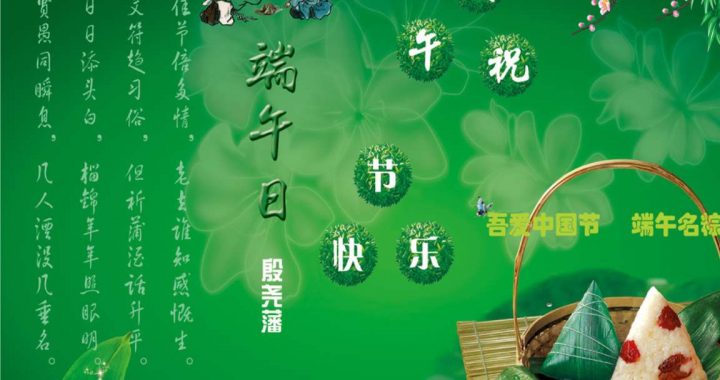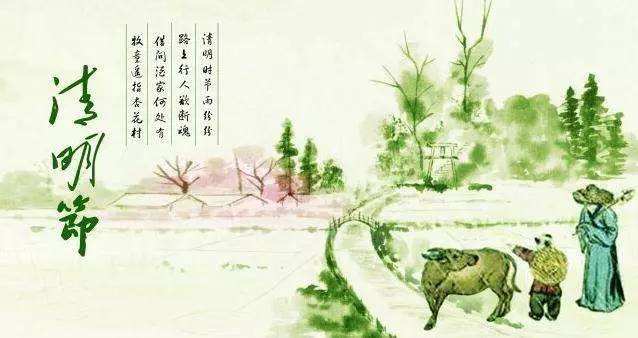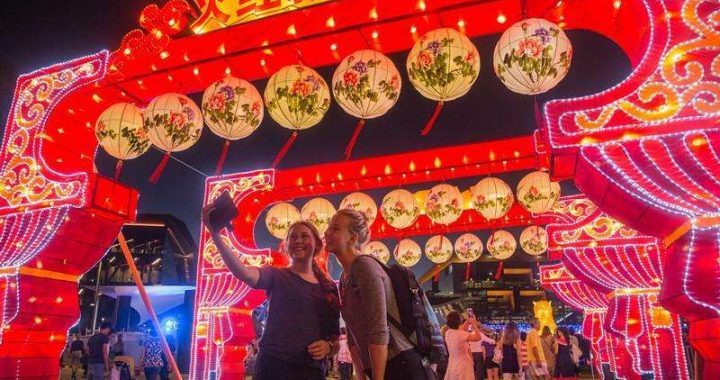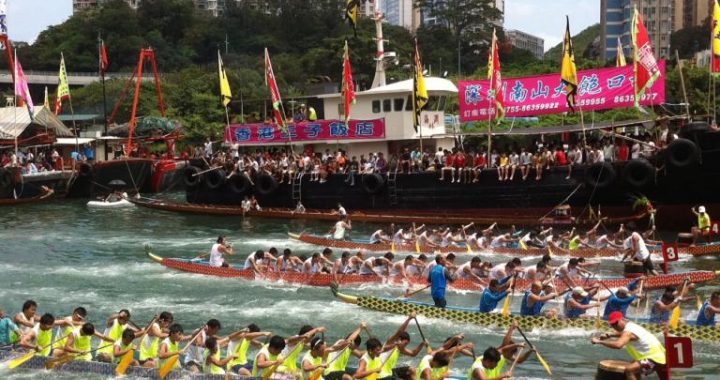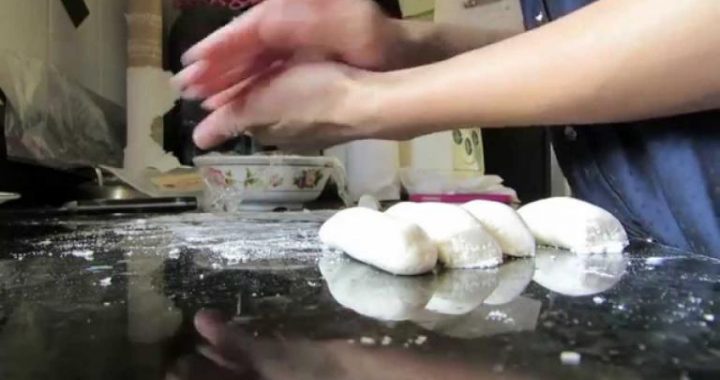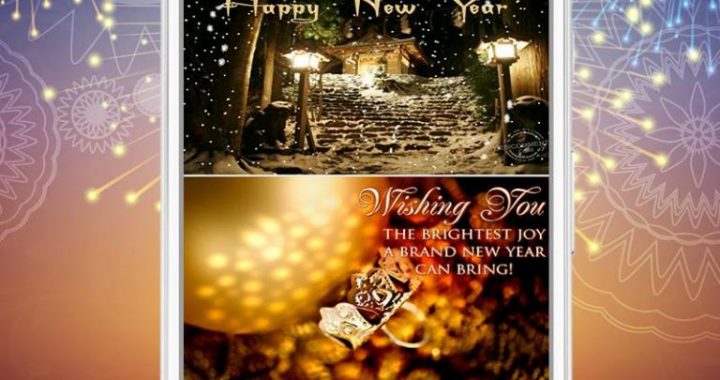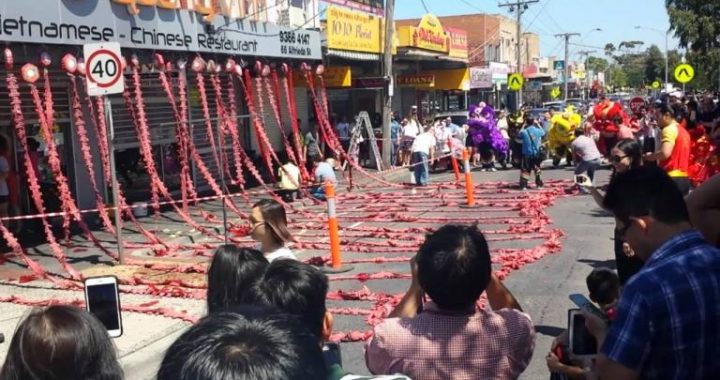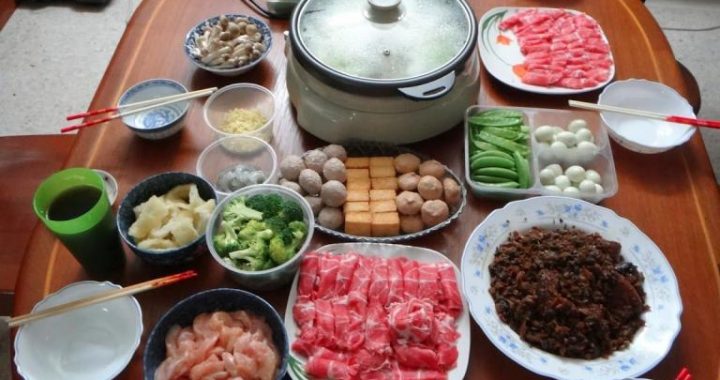Double Ninth Festival and Respect for the Old
5 min readThe Chinese nation attaches great important to filial piety.”Filial piety is the best virtue.”In Chinese festival culture, contents such as offering sacrifices to and worshipping ancestors demonstrate the strong awareness of heeding the dead and following up the past, and old people’s position and status in festivals also clearly demonstrate the requirements of social customs and people’s respect and love for the old. The Double Ninth Festival is a typical old people’s festival with the theme of respect and love for the old.
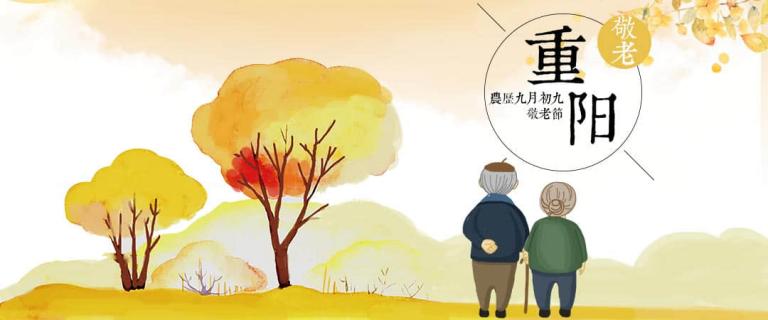
The Double Ninth Festival falls on the 9th day of the 9th lunar month. In Chinese culture,”nine”is the yang number, so the 9th day of the 9th lunar month is called the Double Ninth Festival and Double Yang Festival. In some areas, the Double Ninth Festival is also called the”Mountain Climbing Festival,”the “Chrysanthemum Fair,”etc. In history, this festival was not a festival exclusive to the old. There are many sayings about its origin includingwarding off evil spirits, praying for longevity and tasting fresh food. In late autumn when the weather is fresh and cool and grain is harvested, people climb hills and look far into the distance, drink wine, admire chrysanthemums and wear dogwood on the oth day of the oth lunar month.”The Double Ninth Festival falls on the 9th day of the 9th lunar month when chrysanthemums makes wine in the whole jar smell sweet.”In the vicinity of Dongyang, Zhe jiang, the whole family climbs up a hill to watch beautiful scenery with chrysanthemum wine, and drink to their heart’s content in the Double Ninth Festival. In Guang’ an Sichuan, people climb up hills and have feasts together with friends on this day.
In the past, people also wear dogwood and perfume bags, and put chrysanthemums on hats.
On the 9th day of the 9th lunar month, chrysanthemums are in full bloom, and admiring and composing verses about chrysanthemums are important aspects of the festival. The Double Ninth Festival is also called the Scholars’ Festival. Ancient scholars wrote many beautiful poems on this day to express their lovesickness.
In modern times, the Double Ninth Festival’s meanings of warding off evil spirits and tasting fresh food were increasingly weak, but the customs of prayer for longevity and respect for the old were more and more important. The Double Ninth Festival implies longevity because nine is the largest single-digit number, so prayer for longevity and happiness during the Double Ninth Festival has profound implications. At present, if the Double Ninth Festival falls on a weekend, then all people in a family get together, go outing to view autumn scenery and climb a hill to keep fit together in mainland China. In Taiwan, the Double Ninth Festival was designated as the Festival of the Elderly in as early as 1953.
On this day, peach-shaped birthday cakes and longevity noodles are given to elderly people, and various activities of respecting the old are held.
Some ethnic groups also have festivals for the elderly similar to the Double Ninth Festival. Koreans deem respect for the old as a very important ritual in families and even the whole society. In ancient times, Koreans designated the 9th day of the 9th lunar month as the Old People’s Consolation Day when the imperial court held a “banquet for the old,”invited old people to participate, and wished them health and longevity. In the folk society, young people must use honorifics for elder family members, and are not allowed to smoke or drink wine in front of old people. On occasions where they must drink wine, they should drink with their backs facing the table. Yanbian Korean Autonomous Prefecture, Jilin Province designated August 15 as the Festival of the Elderly in 1984. During the festival, people beat gongs and drums in all villages in high spirits; everybody sings and dances festively wearing splendid attire. Various areas also hold longevity parties. Old people more than 60 years old are invited to sit on the platform, put on big red flowers and receive blessings from the village’s younger generations. Other ethnic groups also have the custom of celebrating the Festival of the Elderly on the 9th day of the 9th lunar month. The Zhuang people’s Longevity Festival is also a festival of the elderly but is celebrated differently. On the 9th day of the 9th lunar month, Zhuang people prepare longevity rice for old people in their families. The sons and grandsons of old people above 60 arrange grain vats called “longevity rice vats”for them during the festival. On the day of the festival, younger generations and married daughters come to visit old people with some new rice and put itinto rice vats. This is called “lengthening longevity”or “nourishing vats.”Longevity rice vats are put beside old people’s beds or in shrines, and cannot be moved in ordinary days.
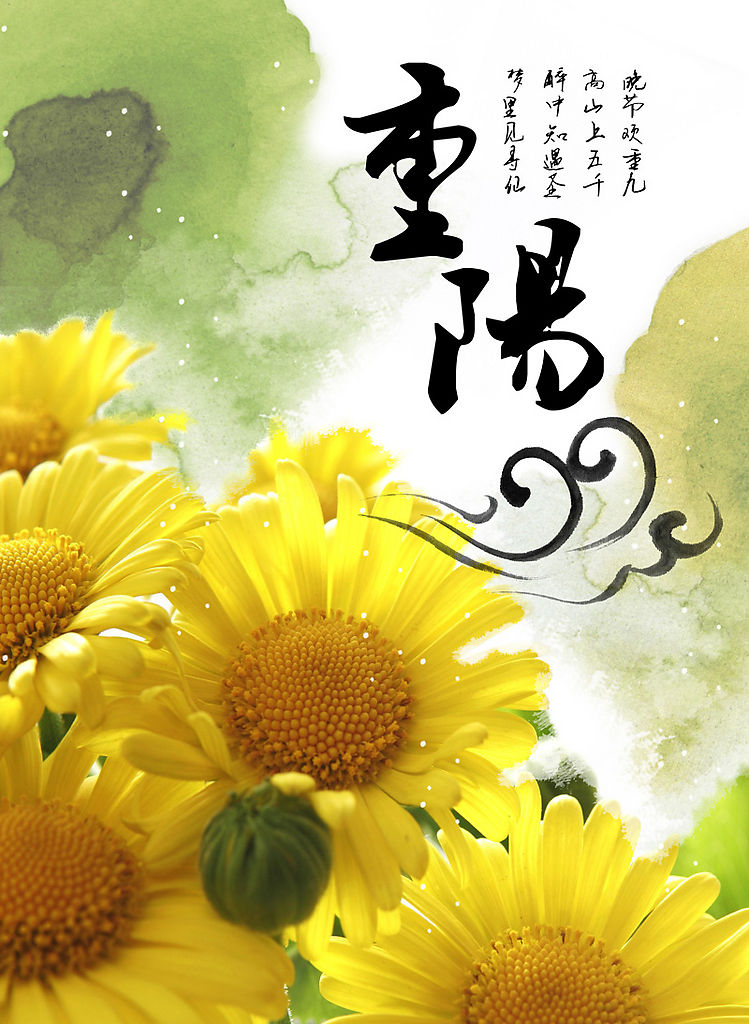
Old people take out rice from them to make glutinous rice dumplings and rice paste and give them to their sons, grandsons and relatives only on their birthdays. The Hani people’s Festival of the Elderly falls on the 15th day of the 11th lunar month in Xinping County, Yunnan. On the morning of this day, all young men in the village fell pine trees on themountain to decorate the dance floor in the village, while women prepare delicacies at home. In the evening, all men and women in the stockade village dress themselves up, hold delicious foods such as glutinous rice and eggs in their hands, and dedicate them to old people sitting under pine trees. People dance and sing to celebrate the festival and congratulate old people with respect. In the end, they also ask old people to tell whether their children were filial to them in the past year, praise filial people of younger generations on the spot, and criticize and educate those who are not filial.
The above are special festivals for respecting the elderly. In view of Chinese festivals, old people actually occupy important positions in them. One important aspect of the Spring Festival-the most important festival in China-is that young people pay New Year’s calls to elder people. Numerous Miao festivals such as the Miao New Year and the 8th day of the 41h lunar month are organized by old people of noble character and high prestige instockade villages, and other people all obey their arrangements. During festivals, old people narrate history, preside over ceremonies, and carry forward culture. Their status and authority are confirmed and strengthened during every festival.

